Burying power & gas lines together
donseco
14 years ago
Featured Answer
Sort by:Oldest
Comments (11)
canguy
14 years agolast modified: 9 years agodonseco
14 years agolast modified: 9 years agoRelated Professionals
South Orange Landscape Architects & Landscape Designers · Brooklyn Center Landscape Architects & Landscape Designers · Bell Gardens Landscape Contractors · Fort Mill Landscape Contractors · Medford Landscape Contractors · Natick Landscape Contractors · Old Saybrook Landscape Contractors · Santa Maria Landscape Contractors · Conroe Decks, Patios & Outdoor Enclosures · Fort Worth Decks, Patios & Outdoor Enclosures · Lauderdale Lakes Decks, Patios & Outdoor Enclosures · Miami Decks, Patios & Outdoor Enclosures · Oswego Decks, Patios & Outdoor Enclosures · Spokane Decks, Patios & Outdoor Enclosures · New River Home Buildersdonseco
14 years agolast modified: 9 years agolbpod
14 years agolast modified: 9 years agorcmoser
14 years agolast modified: 9 years agodonseco
14 years agolast modified: 9 years agolbpod
14 years agolast modified: 9 years agosundog7
14 years agolast modified: 9 years agoxhousemover
14 years agolast modified: 9 years agodonseco
14 years agolast modified: 9 years ago
Related Stories

HOUZZ TOURSMy Houzz: Buried Treasure in an Eclectic Bachelor Pad
An under-carpeting surprise joins antique furnishings and artwork to help an owner love his Netherlands home
Full Story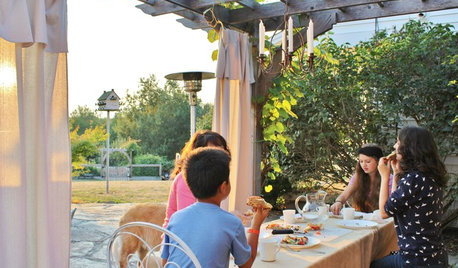
HOUZZ TOURSMy Houzz: A Modern-Day Homestead Brings a Family Together
Their 5-acre Washington property, with sports court, swings, pizza oven and gardens, is a labor of love and communal playspace
Full Story
LIFESo You're Moving In Together: 3 Things to Do First
Before you pick a new place with your honey, plan and prepare to make the experience sweet
Full Story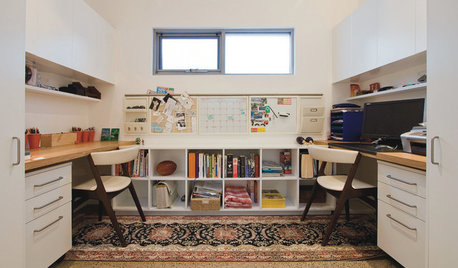
HOME OFFICESWorking at Home Together (and Apart)
One is easy. Two, not so much. Here are ways to make room for two to work at home
Full Story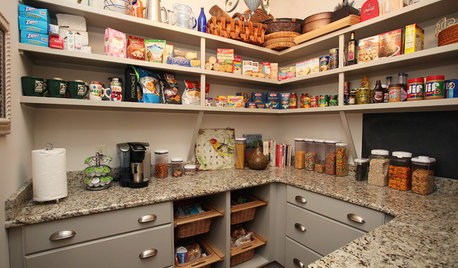
LIFEHow to Prepare for and Live With a Power Outage
When electricity loss puts food, water and heat in jeopardy, don't be in the dark about how to stay as safe and comfortable as possible
Full Story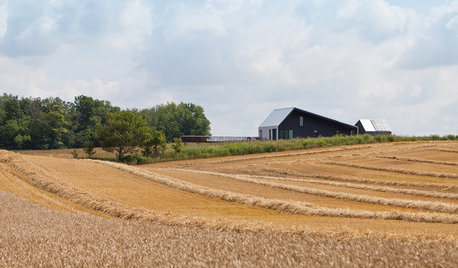
GREEN BUILDINGOff the Grid: Ready to Pull the Plug on City Power?
What to consider if you want to stop relying on public utilities — or just have a more energy-efficient home
Full Story
FIREPLACESRibbons of Fire: 10 Artfully Minimalist Fireplaces
Long and lean and sleek to the core, these gas-burning fireplaces make a powerful contemporary statement
Full Story
LIVING ROOMSHow to Convert Your Wood-Burning Fireplace
Learn about inserts and other options for switching your fireplace from wood to gas or electric
Full Story
KITCHEN APPLIANCESFind the Right Cooktop for Your Kitchen
For a kitchen setup with sizzle, deciding between gas and electric is only the first hurdle. This guide can help
Full Story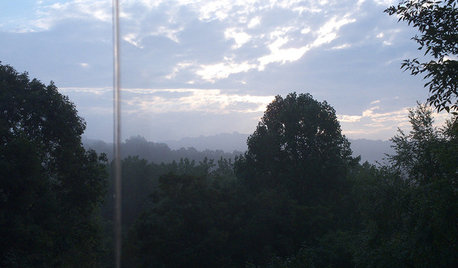
ARCHITECTURE4 Things a Hurricane Teaches You About Good Design
When the power goes out, a home's design can be as important as packaged food and a hand-crank radio. See how from a firsthand account
Full Story





rcmoser